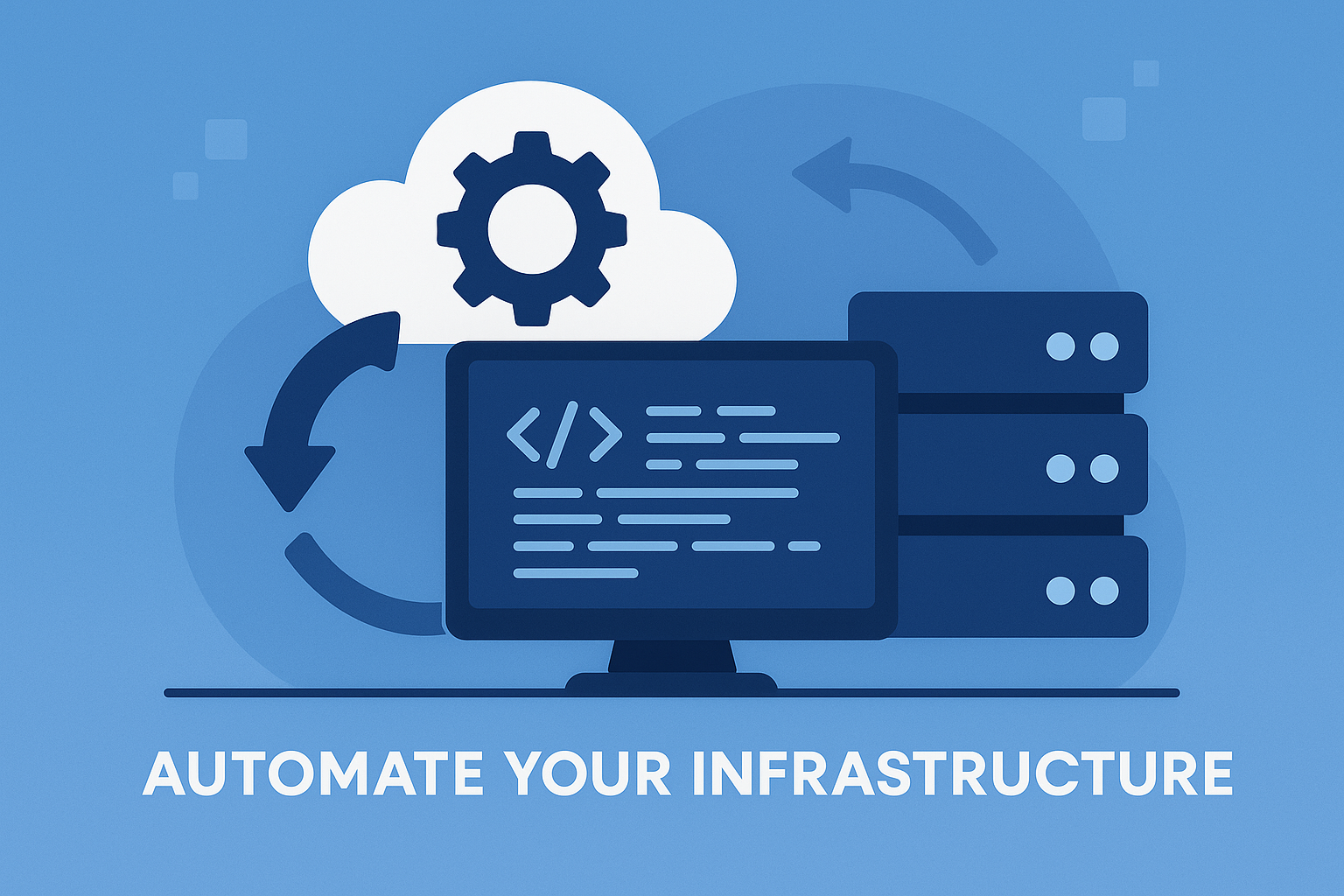What is PaaS?
Platform as a Service (PaaS) is a cloud computing model that provides a fully managed environment for developing, deploying, and managing applications. PaaS eliminates the need to manage infrastructure, allowing developers to focus on coding and innovation.
How Does PaaS Work?
PaaS providers offer a platform with built-in development tools, databases, and runtime environments. The key components include:
- Application Runtime: Supports programming languages and frameworks such as Node.js, Python, and Java.
- Managed Databases: Includes relational and NoSQL databases.
- CI/CD Integration: Automates software builds, testing, and deployments.
- Scalability: Automatically adjusts resources based on application demand.
Popular PaaS Providers
- AWS: Elastic Beanstalk for deploying web applications.
- Microsoft Azure: Azure App Service for building and hosting applications.
- Google Cloud Platform (GCP): Google App Engine for running applications without managing infrastructure.
- Heroku: A cloud platform for deploying and managing applications.
Why Use PaaS?
PaaS simplifies application development by providing a pre-configured environment with built-in scalability, security, and automation.
Key Features of PaaS
- Fully Managed Infrastructure: No need to provision or maintain servers.
- Multi-Language Support: Compatible with various programming languages.
- Database and Storage Integration: Includes managed database and file storage options.
- Security and Compliance: Built-in access controls and compliance certifications.
Benefits of PaaS
- Faster Development: Provides pre-configured environments to speed up coding and deployment.
- Cost Savings: Reduces infrastructure management costs.
- Scalability: Dynamically scales applications based on traffic.
- DevOps Efficiency: Automates CI/CD processes for continuous deployment.
Use Cases for PaaS
- Web Application Development: Deploys and manages cloud-based applications.
- Mobile Backend Services: Provides APIs and storage for mobile apps.
- Big Data Processing: Supports analytics and AI workloads.
- API Management: Develops and deploys scalable APIs.
Summary
PaaS (Platform as a Service) provides a fully managed cloud environment for application development and deployment. With built-in scalability, security, and automation, PaaS enables faster innovation and efficient resource management.



